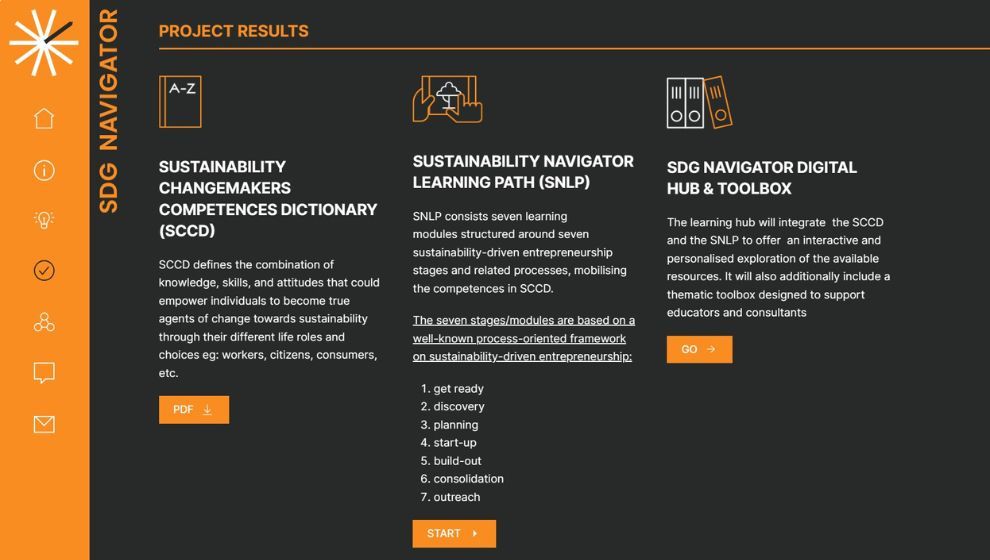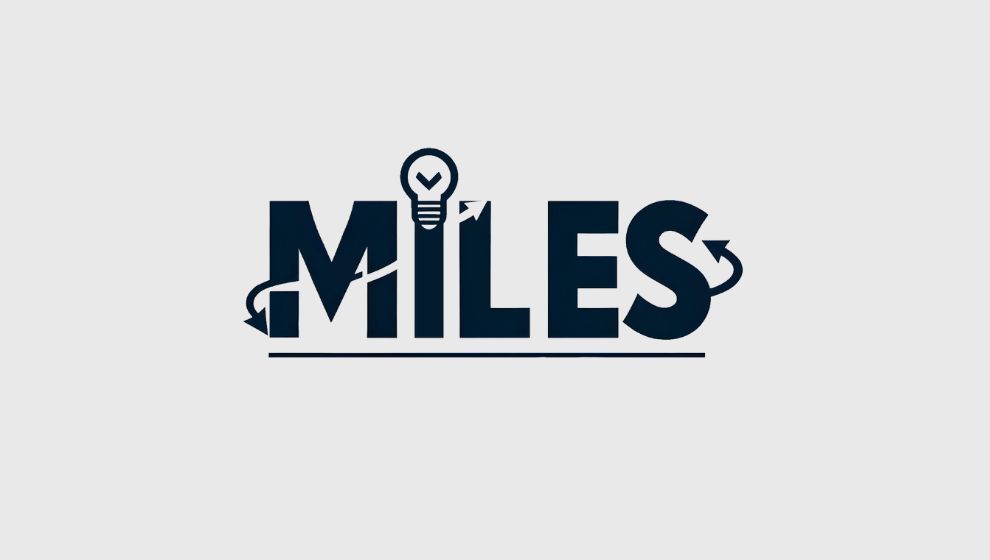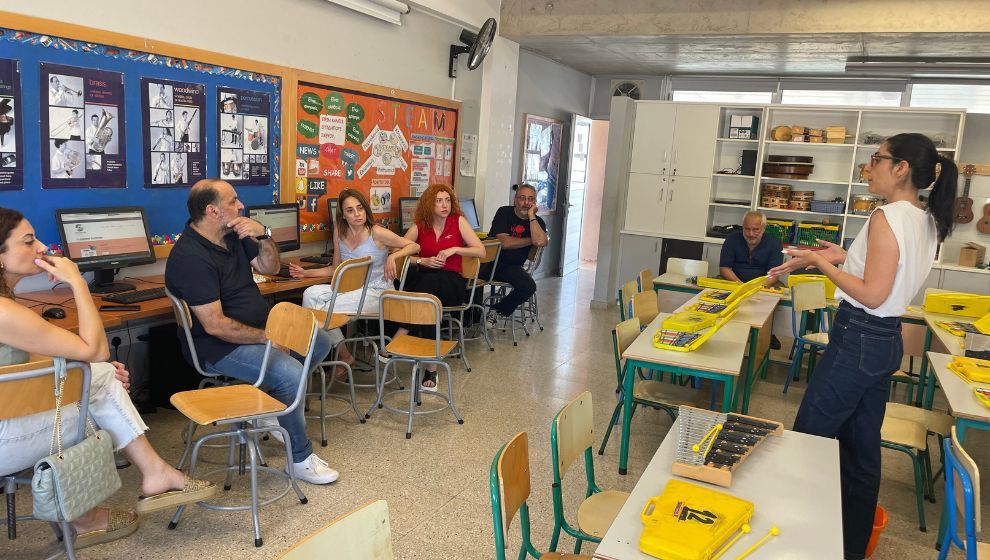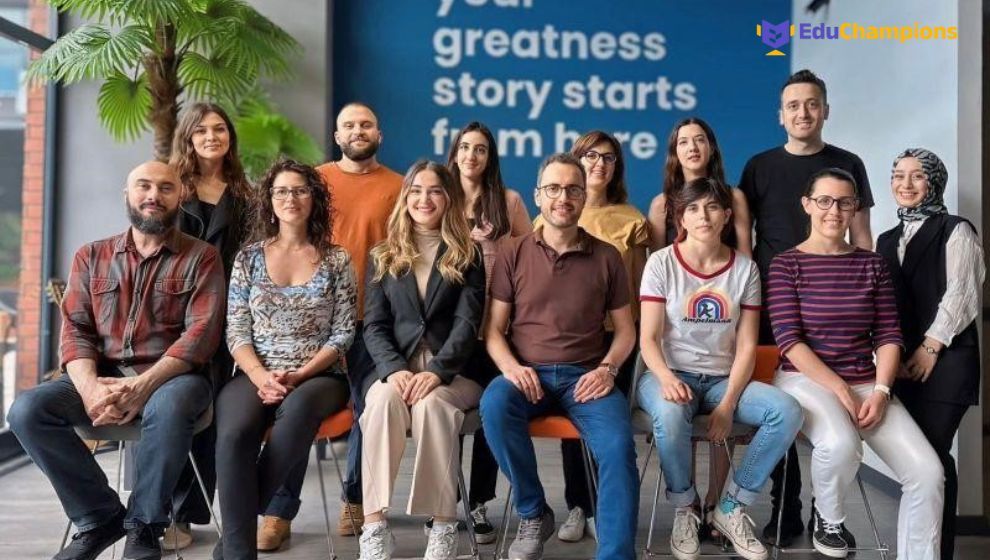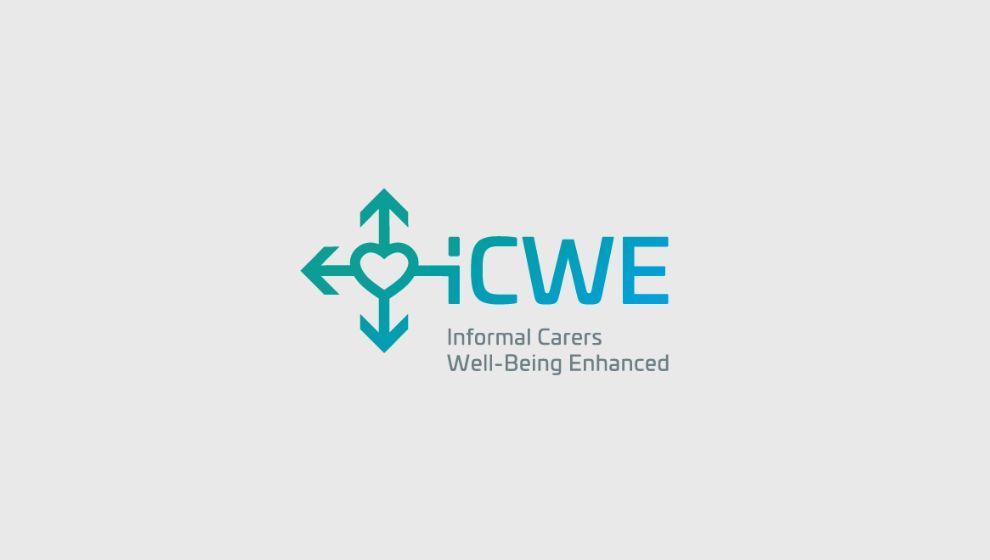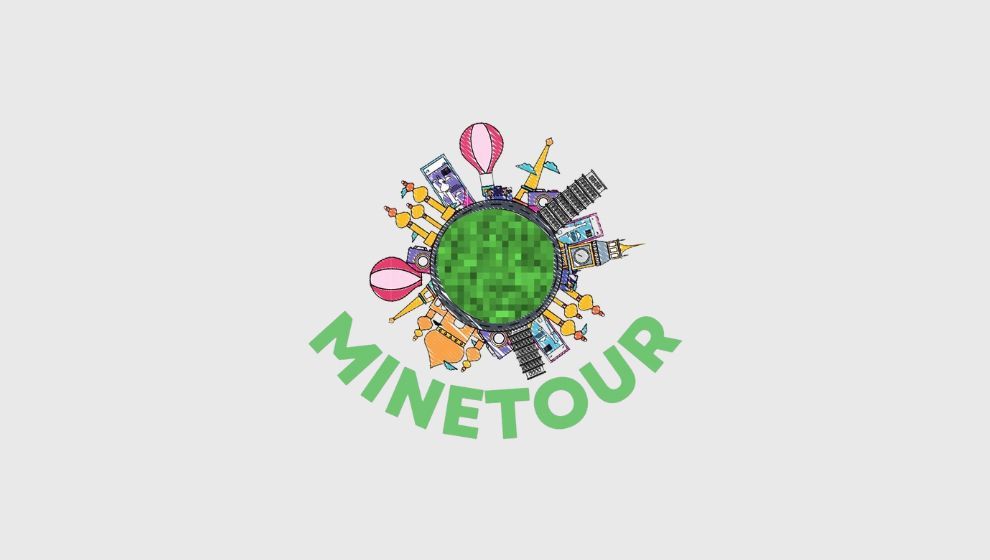Empowering Sustainability: SDG NAVIGATOR Releases New Resources for VET Educators and Trainers
The SDG NAVIGATOR project, funded under the Erasmus+ programme, is excited to announce the official release of its latest resources aimed at transforming the landscape of vocational education and training (VET) through sustainability-driven entrepreneurial mindsets and skills. Together with the partners from Lithuania, Portugal, Spain, Greece, Cyprus, Slovenia, and Austria, the project has now successfully completed the Sustainability NAVIGATOR Learning Path and SDG NAVIGATOR Digital Hub & Toolbox, creating an innovative systematic approach to assist VET educators and trainers in promoting a more sustainable, social and eco-driven entrepreneurship culture.
Sustainability NAVIGATOR Learning Path (SNLP)
The Sustainability NAVIGATOR Learning Path (SNLP) offers a structured and comprehensive learning journey through seven stages of sustainability-driven entrepreneurship: get ready, discovery, planning, start-up, build-out, consolidation, and outreach. These modules are designed to enhance individuals’ entrepreneurial competences and maximise their impact on sustainability initiatives. By providing a variety of changemaking tools and learning resources, SNLP empowers learners to navigate and excel in the entrepreneurial process, and helps VET educators and trainers to assist through this process in a coherent and structured way.
SDG NAVIGATOR Digital Hub & Toolbox (SNDH)
The SDG NAVIGATOR Hub and Toolbox (SNDH) is an online, open-access platform that complements the SNLP. It integrates the Sustainability Changemakers Competences Dictionary (SCCD) with the SNLP to offer personalised and action-oriented learning experiences. The SNDH provides a thematic toolbox featuring interactive exercises, storytelling, videos, infographics, action cards, flashcards, quizzes, and more. These resources are tailored to support dynamic and tailored training on sustainability-driven entrepreneurship, making it easier for educators, consultants, and individuals to address specific competences and challenges.
Next Steps
Both the SNLP and SNDH are freely available on the SDG NAVIGATOR website in seven languages: German, Greek, English, Lithuanian, Portuguese, Slovenian, and Spanish. These resources ensure broad accessibility and support for VET learners, providers, entrepreneurs, and other stakeholders across Europe.
Following the successful release of these resources, the project is now scheduled to move on to the piloting phase, where the proposed materials will be put into practice for further refinement and feedback. To stay in the loop with the future developments and to find information on how to get involved with this important initiative, please follow SDG Navigator Facebook page.

